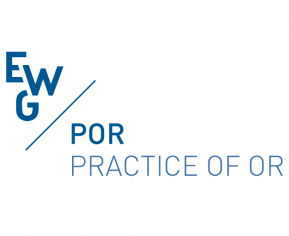Presented by Professor Carlo Mannino (Professor at the Department of Mathematics, University of Oslo; Senior Research Scientist, OSLO)
Trains running through railway networks are monitored and guided in real time by train dispatchers. They control train movements by taking various relevant decisions, such as where trains should pass and meet each other, when trains should arrive or depart from stations, which routes they must take, etc. These decisions become crucial when one or more trains are delayed, in order to reduce knock-on effects and quickly regain punctuality.
In the past decades a significant research effort has been devoted to developing optimization models and methods for (automatic) real-time train rescheduling (dispatching). However, such academic effort did not translate into a widespread use of such techniques in the practice of train dispatching. To the best of my knowledge, only a few fully or partially autonomous dispatching systems are or have been rolled out over the years to support dispatchers. The mathematics and data technology required for supporting the practice, at least to a certain extent, have been approaching maturity for at least 10-15 years, and are possibly fully mature now. So, what has impeded a more widespread development and deployment of such systems? In the talk, I will try to formulate an answer to this question and also discuss some recent developments and “gamechangers” which show that the situation is rapidly evolving.
I will start by describing the basic mathematical models and methods for representing and solving train (re-)scheduling problems. I will then describe a new system to dispatch trains in the greater Oslo area, an important portion of the Norwegian railway network which includes the large Oslo central station and all the adjacent lines. Although not in operation yet, the system has the highest level of readiness (TLR 9) and is currently undergoing on-field testing by professional dispatchers at Oslo Control Center.
After this I will quickly review the few, real-life dispatching systems which (to the best of my knowledge) are or have been in operation for supporting dispatchers in practice.
I will end the talk by analyzing which were the main hurdles for the penetration of optimization methods into the practice of dispatching and why things are changing now. This discussion may be of inspiration for other sectors with similar obstacles (such as, for instance, air-traffic control).
3 SEPTEMBER 2021 WEBINAR


